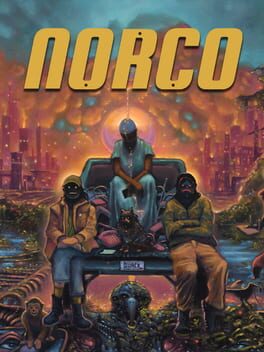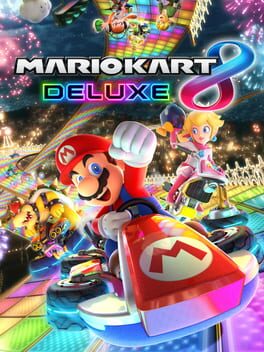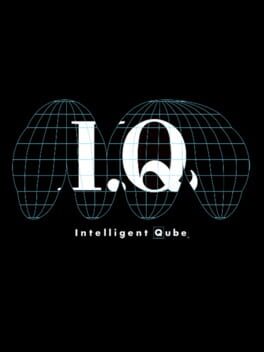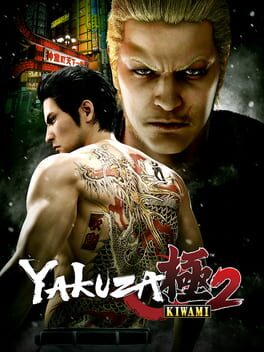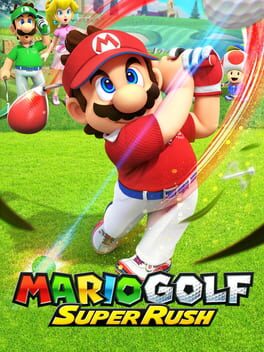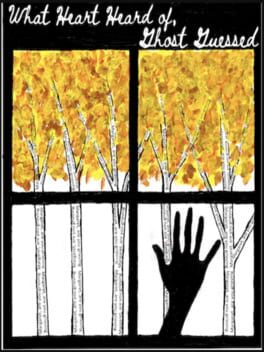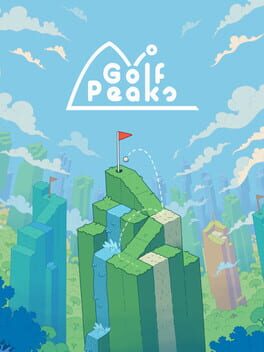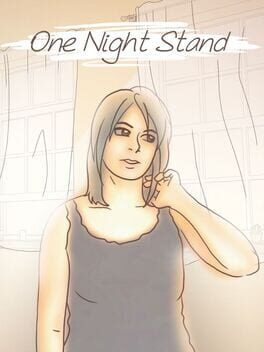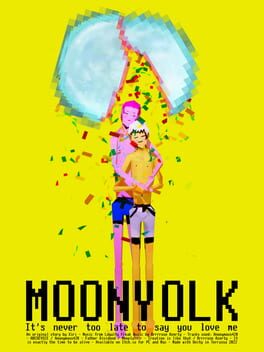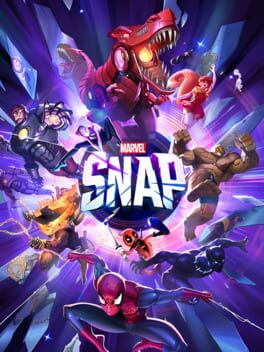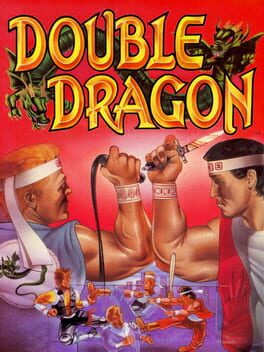done
This is the definition of The Legend of Zelda in my mind. Classic sprites and memorable tunes compliment a grand sense of cartoon adventure. Items are varied and interesting and the world is built to provide surprises and discoveries from one corner to the other. Dungeons have a wonderful dimensionality despite the limitations of 2D rendering. There are some notable flaws in backtracking and obscure key items which seem like throwbacks to the NES days, but that's a minor complaint. A classic.
2022
In terms of near-future storytelling, I'd put this one closer to Coffee Talk, Va11-Ha11-A, and The Red Strings Club than Kentucky Route Zero. I can see the effort that was put in, but ultimately I don't quite find the characters or their relationships as compelling as the setting. That's an issue, as the story is powered by those characters more than the plot. I do appreciate NORCO's combination of branching text, point-and-click and RPG style, though, as well as the art and BGM.
2017
Mario Kart 8 is the top of the series. The soundtrack is outstanding and so is the animation. Nintendo does a remarkable job in building everything around the player, and as a result the game still looks great in 2022. Unfortunately, the CPU racers don't hold up as well. Their limitations, and the extent to which Nintendo attempts to mask them with items, are particularly glaring in 150cc. It wouldn't hurt for the next outing to buck tradition with difficulty levels as well as speeds.
2022
Signalis' plot is perfectly pitched and the storytelling is top notch. The puzzles are very good and I only tended to get stuck when I stumped myself by overthinking. The best puzzle is the overall navigation of the map, which unravels and reveals key items and secrets with solid pacing. Music and sound design could be better, and at times that exploration loop was a bit repetitive. But when designers understand survival horror this well, the results are outstanding.
2022
Inscrutable and delightful, I can't resist Intelligent Qube's allure. It's an artifact of a different time and a wholly different idea of games from Sony than it has at present. Its blend of an epic, John Williams-style score, incredibly wide isomorphic camera, minimalist but intense sound and graphics would amount to a curiosity on their own, but they wrap around genuinely good puzzle mechanics and progression. And few things are as satisfying in videogames as the sound of a PEERRRRRFECT level.
2017
Another home run from RGG studio. The plot and lead characters for this entry are more cohesive than usual and the side content plays like a greatest hits. Substories are varied, the coliseum is solid (with two particularly fun final tournaments), the cabaret club is back with more stories, and Majima construction is diverting. Some fights, including the Amons, even required me to strategize a bit. The main issue is the usual one: too much repetition, which dilutes otherwise enjoyable scenarios.
2021
The wordle puzzle is just good enough for a quick few minutes each day. The best part isn't the game at all - it's comparing results and strategies with other people. On the one hand, that means that the quality of the game lies in its popularity. On the other, as long as I have people to play it with, it will remain fun.
After 65 hours, I headed up to Hyrule Castle and what were easily the best fights of the game. That was the cherry on top of a game that was rarely about the combat, for me. The feeling of exploration and open horizons is absorbing, helped by art design that plays to the game's strengths and a soundtrack that is, in my opinion, the high point of the series. Shame that there's so much repetition of both in the form of the shrines, but a lot of the puzzles are still enjoyable. And hey, I still have time to go back to some of the shrine quest riddles or to stumble over koroks.
The highlight of Mario Golf: Super Rush is playing online with friends and that's where I've spent most of my time. That's a good thing, because otherwise there's not a lot to see in terms of variety, graphics, or even music. The core gameplay and courses are pretty much all there are to it, with little variation between characters. The single player story sometimes becomes enjoyably wacky, but mostly feels as unnecessary as its tacked-on rpg mechanics.
A fantastic mixture of text parser gameplay and plot that renewed my enthusiasm for interactive fiction. The designer reimagines the use of verbs in this style of game - think "examine," or "look" - to correspond with the player character as a ghost. The more you find as you move through the family mansion, the more you are able to remember and do. The twist is that most verbs are related to emotion, manifesting in kinetic projection, possession, and more. The all-text presentation is a benefit as it also muffled the experience of the house, its objects, and my actions, making them live in my imagination. That seems appropriate for a disembodied spirit. All along the way, plot is conveyed through exploration and is often accompanied by the strong emotions that it takes to manipulate the house and its objects. While the plot is, ultimately, a bit predictable, this is a very well-told story. I highly recommend it for those who enjoy interactive fiction and those who are curious about the style.
2018
Golf Peaks is a solid puzzle game that is mostly about counting steps and working each board. Mechanics are introduced at a steady pace through each of 10 worlds and, once I had my head wrapped around each, it was possible to finish each level in a single well-worked try. Possible, but rare – and the trial and error of working through each board was enjoyable. Boards ranged from deceptively easy (especially if worked backwards on many that required an exact solution) to devious.
2016
This one works well within its very tight limitations, with animations that appear rotoscoped and a surprising quantity of possible interactions. Despite its small number of scenes, there's a good bit to click through. Even though it is broadly successful within those limits, I would have preferred a few more possibilities and rooms. While some scenes do allow the player character out of the main room, the results are too focused around getting out the door. I enjoyed a few playthroughs to explore the flexibility of the game, but the invisible walls became noticeable long before I found most of the endings.
2022
2022
I'm surprised at how much I enjoyed this one. It's a well-paced deckbuilder that provides a fun possibilities for combos as one plays and picks up cards. It can even be fun to lose when it involves seeing combos that are inspiring or intriguingly broken. The trouble is with the pools, randomness of unlocks, and difference in quality of unlocks for those who purchase the battlepasses. I guess it couldn't be perfect on a free-to-play model.
1988
As a kid, I'd play games like Double Dragon and wonder if I was bad at games. In fact, maybe it's games like Double Dragon that were kinda bad. It's not unplayable, but the pieces here hardly come together. The brawling combat is shallow and made worse by randomness in whether enemies successfully dodge or parry attacks. There isn't an interesting arena in the game's screens. Items are few and limited. And the less said about what passes for platforming using the jump kick, the better.

